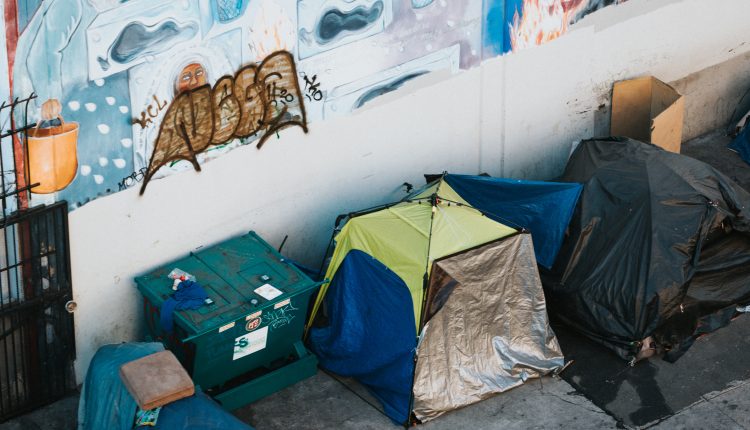In the aftermath of a heartbreaking Christmas Eve shooting at a homeless encampment, a stark reality emerges—one that underscores an escalating crisis in America: homelessness and its profound connections to public safety challenges. With over half a million Americans experiencing homelessness this year alone, the statistics not only reflect individual struggles but also signal a growing menace to community safety. Homeless encampments, like the one marred by the recent shooting, often find themselves in areas more susceptible to violence and criminal activities, amplifying risks for both inhabitants and nearby communities.

The incident serves as a poignant reminder of the intricate relationship between the well-being of the homeless population and the overarching safety of the public. Homeless encampments, now commonplace in urban landscapes, represent not only a housing crisis but a broader socio-economic issue that poses safety risks. Frequently situated in under-policed and marginalized city areas, these encampments can evolve into hubs for crime and violence, impacting both their residents and the surrounding communities.
Read More:
- St. Louis Man Sentenced to 20 Years for Massive Meth Bust
- New Jersey’s Retail Landscape Shifts with the Closure and Unexpected Plea of a Major Chain Store
- Tennessee’s Happiness Quotient: A Dive into the Rankings
Addressing homelessness demands more than temporary fixes like housing vouchers or case management—current approaches of various government programs and non-profits. Despite increased funding, cities like Los Angeles grapple with rising homelessness, underscoring the necessity for a holistic approach. Beyond immediate shelter, this approach should encompass long-term solutions involving mental health support, employment opportunities, and community integration.
Homelessness is a complex issue with roots in economic instability, mental health challenges, and a lack of affordable housing. Effective strategies must comprehensively address these underlying causes. Mental health support aids those whose homelessness is intertwined with psychological issues, while job training and opportunities facilitate the integration of homeless individuals into society.
Moreover, homelessness is not merely a public policy issue—it demands community action and empathy. Community-based initiatives, public awareness campaigns, and volunteerism can play crucial roles in addressing this crisis. By cultivating understanding and support, communities can combat the stigma tied to homelessness, fostering more inclusive and effective solutions.
The Christmas Eve tragedy serves as a stark reminder of the dangers arising when a segment of the population is left vulnerable and marginalized. It beckons more than emergency responses; it necessitates systemic change. As a society, we must acknowledge that the safety and well-being of the homeless significantly impact broader public safety. Our commitment should extend to comprehensive solutions eradicating the root causes of homelessness. Only through a united effort—embracing policy reform, community engagement, and holistic well-being—can we prevent such tragedies, ensuring the safety and dignity of all members of our society.

